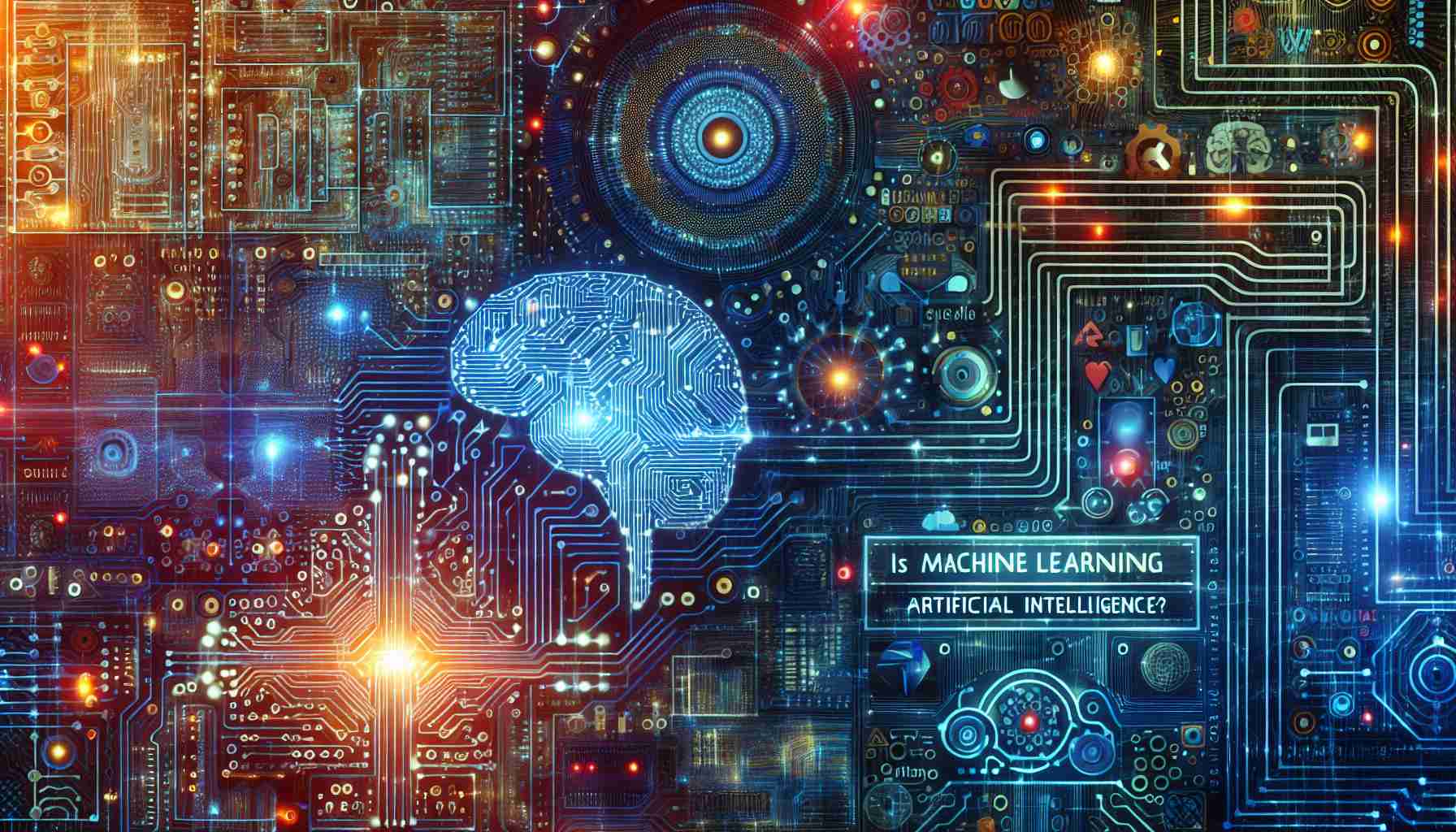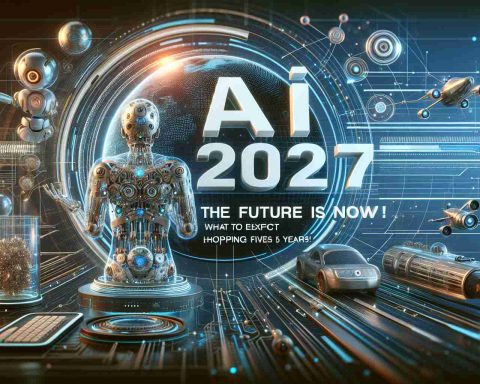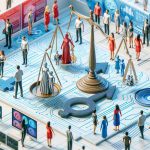In today’s technological landscape, terms like “machine learning” and “artificial intelligence” (AI) are often used interchangeably. But are they really the same thing? While they share some commonalities, they are not synonymous.
At its core, artificial intelligence is a broad field of computer science focused on creating systems capable of performing tasks that typically require human intelligence. These tasks include problem-solving, understanding language, recognizing patterns, and more. AI encompasses a wide array of technologies and approaches, aiming to simulate human-like cognitive functions.
Machine learning, on the other hand, is a subset of AI. It refers to the technique of designing and using algorithms that enable computers to learn from data and improve over time without being explicitly programmed. The idea is to allow machines to learn from experience, adapt to new inputs, and perform tasks autonomously. Algorithms like neural networks, decision trees, and regression models are at the heart of machine learning.
The relationship between AI and machine learning can best be described as a spectrum. Machine learning is one approach to achieving AI, but it is not the sole method. Other approaches include symbolic AI, expert systems, and rule-based systems, which rely more on predefined rules and logic.
In summary, while machine learning serves as a vital component of the AI landscape, it is neither synonymous with nor a complete representation of artificial intelligence. Understanding this distinction is crucial as we continue to integrate AI solutions into various industries and everyday life.
Unlocking AI: How the Marriage of Technology and Data Reshapes Human Experience
As the digital era advances, the distinction between artificial intelligence and machine learning becomes increasingly crucial for understanding their impact on society. While AI encompasses a wide set of techniques aiming to mimic human cognition, machine learning specifically deals with the ability of systems to learn from data autonomously.
A key point not often discussed is how AI impacts communities differently. AI can greatly enhance healthcare, for example, by analyzing vast datasets to detect diseases earlier and personalize treatments, thus improving patient outcomes. In agriculture, AI-driven technologies optimize yield predictions and resource usage, supporting food security.
Conversely, AI deployment raises ethical and privacy concerns. Who controls the data? How do we ensure unbiased and ethical AI systems that reflect societal values? A common question is whether machine learning alone constitutes artificial intelligence. The answer is nuanced — while machine learning is a powerful AI tool, true AI also involves other methods, highlighting the need for comprehensive strategies.
One controversial topic is AI’s role in increasing unemployment due to automation. As machines perform complex tasks, including those traditionally requiring human intelligence, industries face workforce displacement challenges. It’s essential to balance technological progress with workforce retraining programs to mitigate such impacts.
For those interested in delving deeper into AI advancements and their implications, consider exploring resources like IBM and Microsoft. These sites offer valuable insights into how AI and machine learning can shape our future. As society grapples with these changes, the dialogue around AI’s role in our lives remains vibrant and essential.
















